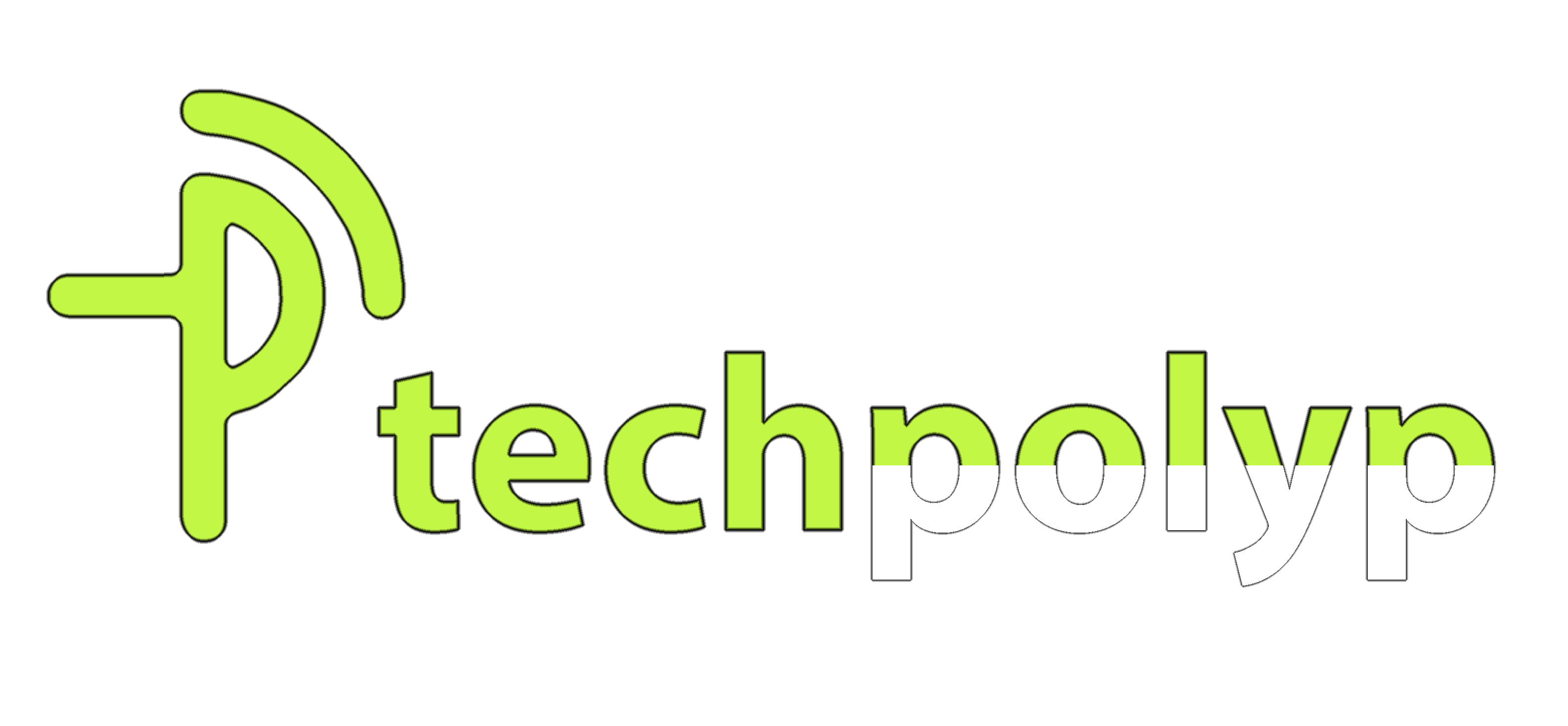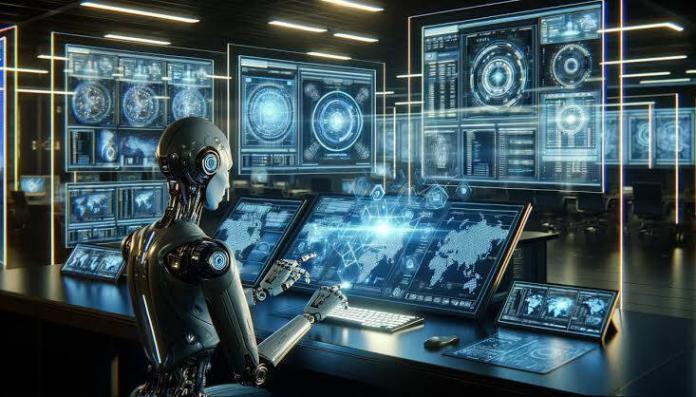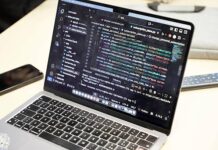When you purchase through links on our site, we may earn an affiliate commission. This doesn’t affect our editorial independence.
Cybersecurity is being revolutionized by the quick development of artificial intelligence (AI). AI offers new methods to protect against increasingly sophisticated and automated threats.
AI is evolving from a support tool to a key component of contemporary cybersecurity plans. Using AI to spot abnormalities, automate threat responses, and enhance security teams is helping defenders outperform attackers, scale up their operations, and act more quickly.
The situation is made more difficult by adversaries’ increasing use of AI. At a never-before-seen rate, hackers are using AI to automate exploits, avoid detection, and find vulnerabilities.
Sentinelone CEO, Tomer Weingarten and Richard Stiennon, research analyst with IT-Harvest and author of Security Yearbook 2024, both discussed the promise and constraints of artificial intelligence in cybersecurity.
AI’s Bright Prospects In Cybersecurity
AI in security is still in its infancy, according to Stiennon. “I have identified 84 startups that have different AI agents or that intend to deploy an AI solution to guard themselves against cybersecurity threats. To claim that any of them are affecting the ecosystem is far too soon. But it is obvious that in the future every role in cyber defense will include AI,” he stated. Weingarten concurs, saying, “AI is transforming how we secure systems, anticipate threats, and automate responses”.
A sort of arms race may be necessary because of the antagonistic use of AI technology. As AI systems become more complex, security experts must essentially improve AI models to enable them to tackle evolving threats posed by other AI models in the hands of adversaries.
According to Weingarten, artificial intelligence (AI) will change software development and deployment in addition to securing systems. Developers will be able to proactively detect vulnerabilities with AI-driven secure coding techniques, lowering risks at their origin. He thinks that AI will automate and protect the entire code-to-cloud process. Organizations also need to get ready for the obstacles that lie ahead, such as hostile AI, disjointed tools, and the limitations of early-stage models.
By emphasizing creativity, teamwork, and practical utility, the cybersecurity sector may capitalize on AI’s promise to create defenses that are more robust, quick, and effective. Weingarten believes that artificial intelligence will soon form the cornerstone of any cyber defense plan, despite the fact that AI in cybersecurity is still in its infancy.










